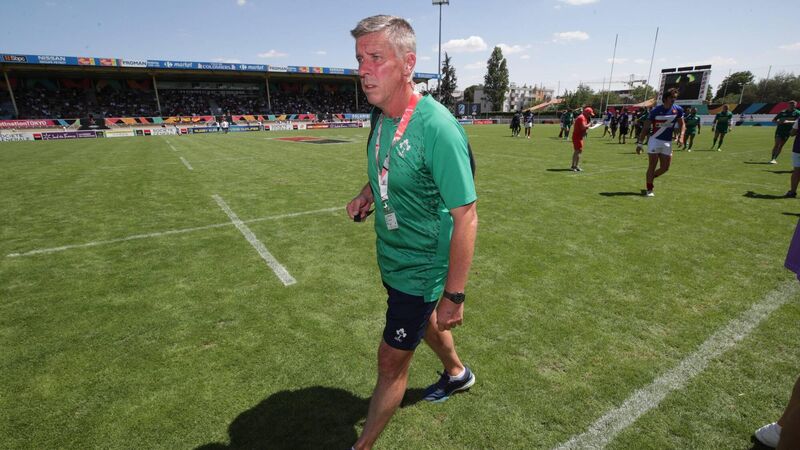Time for a new era in women's rugby in Ireland

Anthony Eddy has stepped down from his role as director of women’s and sevens rugby to pursue new opportunities. Picture: Inpho/Billy Stickland
Anthony Eddy and Adam Griggs, the two men most closely associated with the elite end of women’s rugby in this country in recent years, have now both moved on to pastures new. The structures in which they operated remain in place.
For now, anyway.












